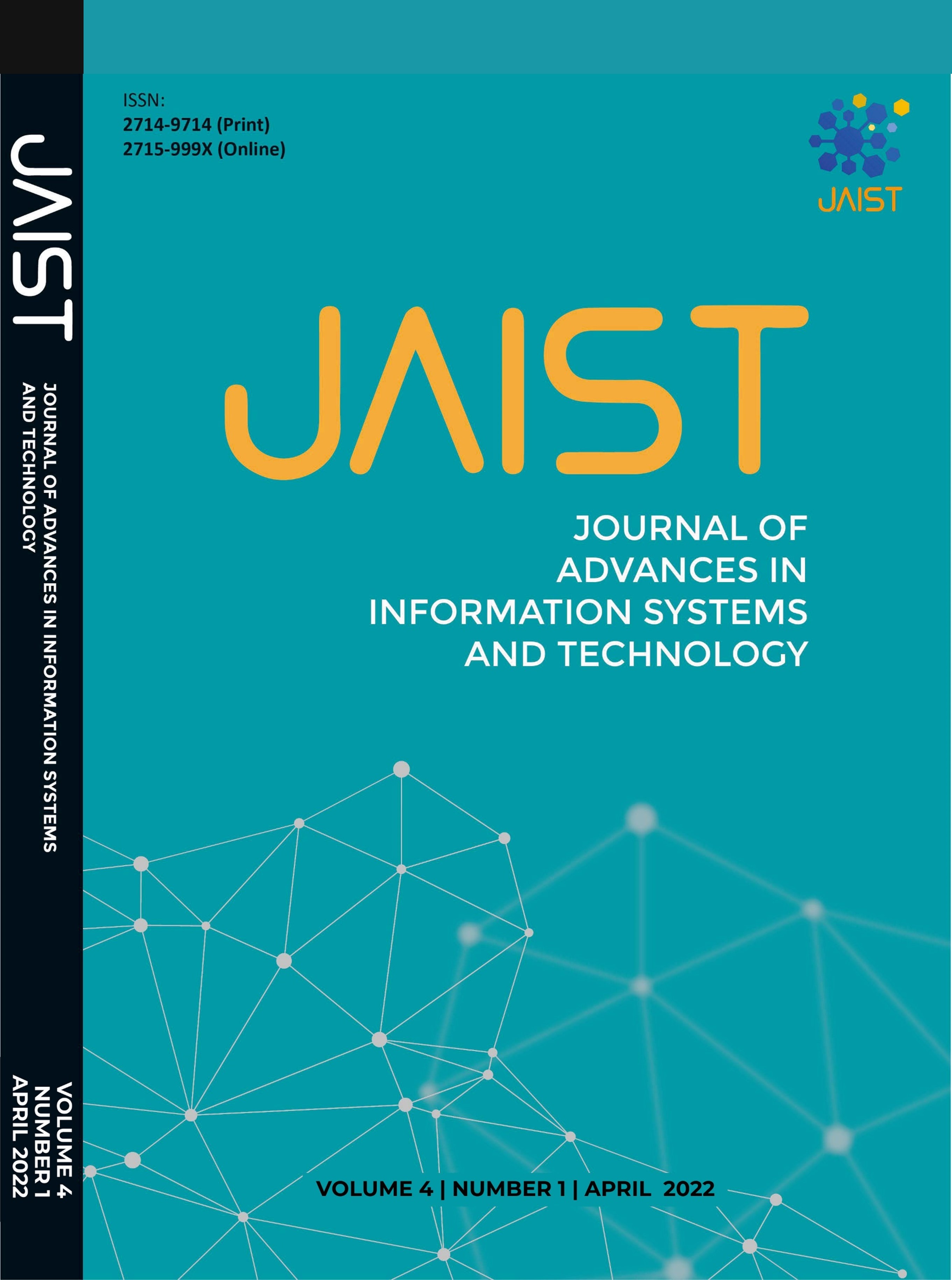Security Improvement of the 256-BIT AES Algorithm with Dynamic S-Box Based on Static Parameter as the Key for S-Box Formation
Abstract
Strong S-BOX is required for the usage of AES encryption and decryption process. Despite using strong S-BOX has better security, the usage of AES static S-BOX is something we can improve on. Symmetric encryption algorithm that uses block cipher is better if combined with make the S-BOX dynamic, but the problems occurred when we put totally random S-BOX into it because S-BOX has its own secure measurement. S-BOX that used in AES must have been tested having strong nonlinearity. In this research, we take collections of strong tested S-BOX to be used on AES encryption and decryption process. Because S-BOX that we used for encryption and decryption must be the same S-BOX, we added static parameters on both encryption and decryption process for the key in choosing which S-BOX we are used with pseudo random number generator (Pseudo RNG) for the algorithm. In practice, text input, hardware id’s, or other variables can be used as the static parameter we used on this process. Pseudo RNG will take the numbers of S-BOX-es we had for variable of maximum output with minimum is 1, so we can always get the index of the S-BOX chosen. The purpose of this research is to add complexity to both the algorithm and security with dynamize the S-BOX so we have more possibility output which is make it harder to be attacked. The test result in this research is also tested with SAC test showing the average of 0,499 which is better than the regular AES with 0,504 and the nonlinearity is the same as regular AES which is 112.
Copyright (c) 2022 Journal of Advances in Information Systems and Technology

This work is licensed under a Creative Commons Attribution-ShareAlike 4.0 International License.


